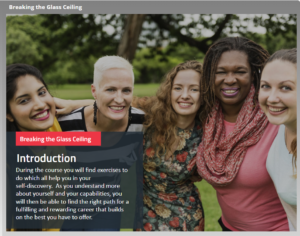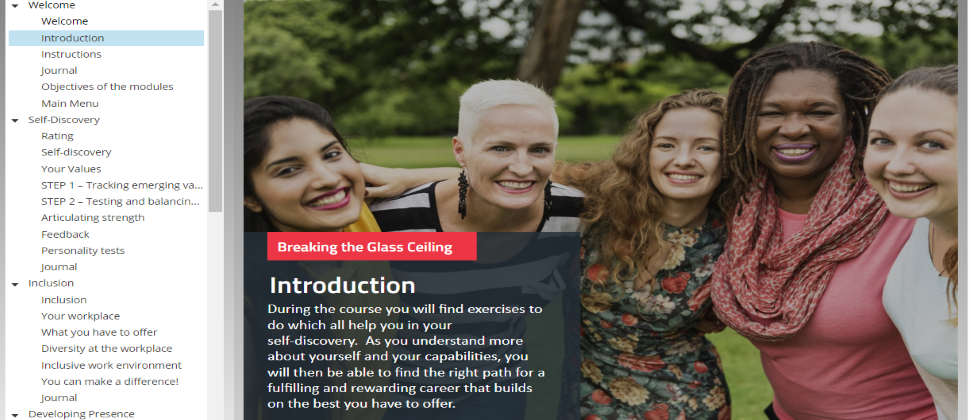How to Ensure Compliance
18th March 2020

We know that the work of diversity, inclusion and wellbeing is about changing the outcomes for under-represented groups but it also includes a substantial responsibility for ensuring that managers and staff do the right thing – that they adhere to the requirements of the Equality Act 2010 and/or to the requirements of the Health and Safety Act 1974. This is skilled work, it means making sure that people have the knowledge needed and these are incentivised.
So, how do you do this? We have a lot to learn from nudge theory/behavioural economics and in the middle of the coronavirus, we can see how the government is using it. Let’s focus on its message of hand-washing – that we need to wash our hands for 20 seconds and frequently. This message has been communicated visually, simply and memorably and repeated a lot.
To learn more about the Equality Act 2010 and how it impacts you, visit our course page on Diversity in the Workplace.
The Messenger and the message
The message is repeated frequently by the Prime Minister and other senior people in government. The government has also made it very familiar to us by saying do it for as long as it takes to sing Happy Birthday. So, that makes it a bit more fun, it makes us associate it with something happy – our birthday. This should make it less of a chore, a nice thing to do, a built-in reward. They also have been very explicit that this is prosocial behaviour, it helps everyone, not just ourselves – this is an incentive.
Creating a group norm
The government issues statistics on how many people are responding to the handwashing message and changing their behaviour – the last one I heard was that the numbers had gone up from one third to two thirds. The two thirds’ statistic is important, it tells us that most people are now adopting this behaviour – its now a group norm.
Using this model in our own work
How can we translate this learning into making sure that people comply with the requirements of the Acts, meaning that our workplaces are safe and we are less likely to be facing an investigation or facing an Employment Tribunal? The first is to make sure that we get the buy-in of our senior managers and they frequently emphasize the importance of best practice. Of course, people need to see them role model the behaviour. I remember being told firmly by a senior manager in a manufacturing environment that I couldn’t leave my handbag on the floor, people might trip on it. I was impressed and I certainly took home the message that health and safety really mattered to this company and I needed to think about where I put my bag. Another example is the Commissioner at the Equality and Human Rights Commission has pledged in a blog that ‘if I see or become aware of harassment in the organisations where I work – be that in the boardroom or outside of it – I will speak out and do something about it’. This gives a strong message about her values and that harassment will not be tolerated.
These messages portray the values that sit strongly with each organisation. See our Bullying and Harassment course here.
Developing knowledge and skills
To complement the strong messaging, we need to develop knowledge and skills. This means using training products that are well designed, clearly structured and fun. If we want people to develop their skills, each experience needs to be rewarding and to create a memory of a pleasant experience. To do this, you need to break down the learning so that it is digestible and rewarding. This means having case studies and examples that staff can relate to – so they feel understood. Developing your own insight enables it to be enjoyable, memorable and more likely to create changed behaviour so the learning product needs to take people into a reflective space – through asking the right question of the learner and giving them a sense of the need to take some time to answer it. If we allow the learner to connect the new learning with their past learning, they are more likely to remember and act on it. We also, of course, want to reward the learner through giving them a sense of achievement when they have completed the course.
Creating your own organisational positive group norms
Staff now have the knowledge and skills and the job is now to find the statistics and stories that will reinforce the positive group norm. The obvious one is how many people have completed the training but there are others: feedback from the Staff Survey, trends on accidents at work. We need to find stories about inclusive cultures or ones that demonstrate the importance of health and safety.
And the handwashing example shows us that we need to keep repeating the message, this might mean asking people to redo the training ever so often or backing up the learning with a communications strategy.
Conclusion
So, there are always interesting examples of how to influence behaviour and right now, there is a huge amount of learning in how the government is working hard to influence us. Ensuring compliance is about influencing behaviour and this takes a lot of thought and skill. It needs someone who is working from a framework e.g. behavioural economics and who can influence at all levels.
Marshall’s would be very happy to work with you on a compliance strategy and to provide bespoke training products to help develop skills and knowledge.
Teresa Norman
Teresa Norman works as a Diversity Consultant and is a Founder of the Social Enterprise, TogetherintheUK, see https://www.togetherintheUK.co.uk.
Teresa is the proud author of the following Marshall E-Learning products:

Breaking the Glass Ceiling – Mentoring and Leadership for Women. This module focuses on building resilience and developing your confidence to be a leader, targeting “Breaking the Glass Ceiling”. You can view a video introduction to the module here.
Giving intelligent feedback for Students – This module covers the importance of feedback, ensuring your feedback is useful to the receiver and discusses the different opportunities and methods of feedback. A perfect and vital development for all leaders, managers and staff that are involved in providing feedback to others.




